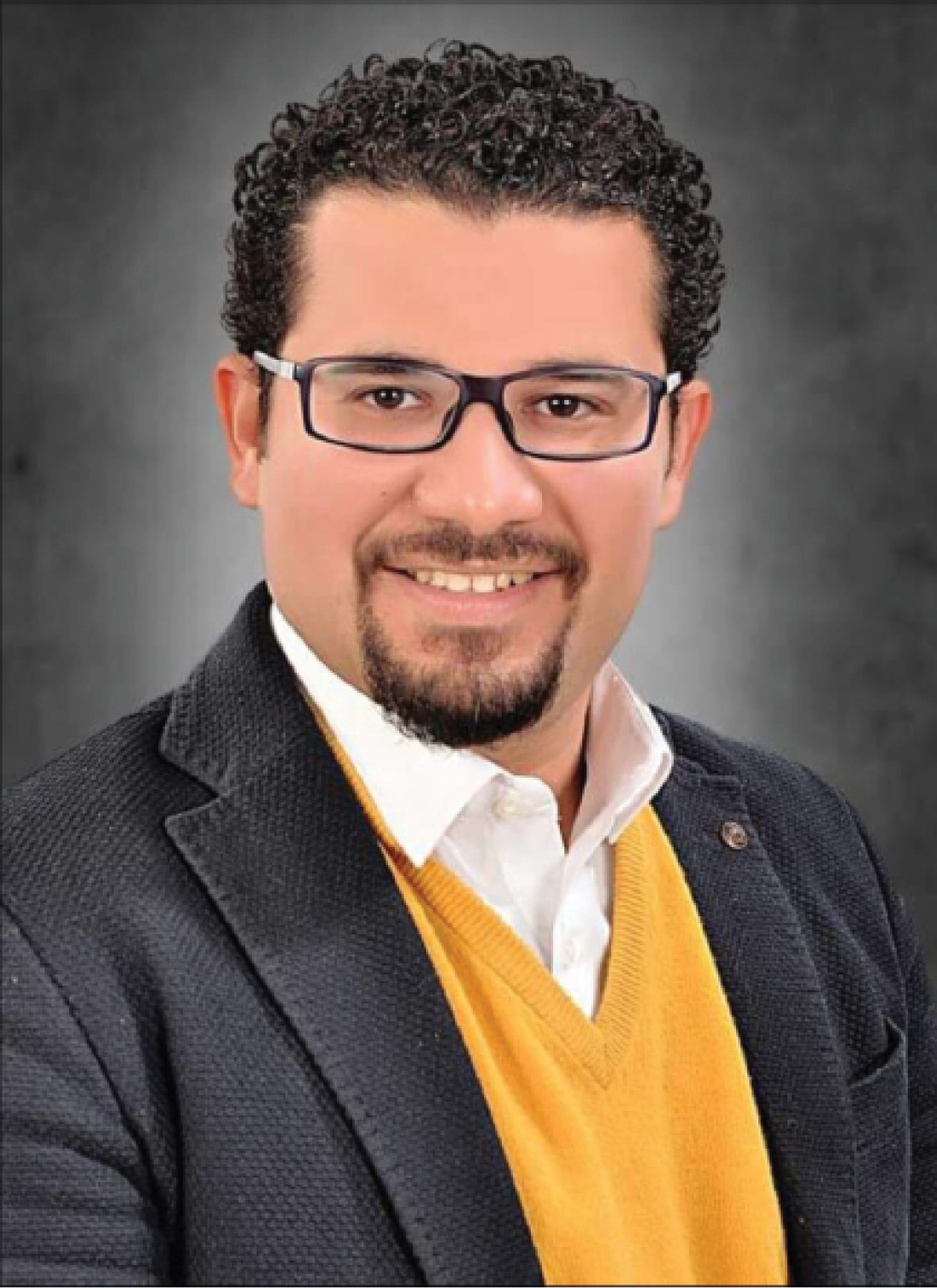After braving the odds to establish in Nigeria 15 years ago, Michael Tawadrous, Chairman/Chief Executive Officer of VAVA Furniture in this interview spoke about what government can do to enable the sector to contribute more to the economy.
What inspired you to join the furniture business in Nigeria?
During my childhood, I had passion for colours; mixing them and even in my bedroom I kept changing the design, and growing up, for me it is not a job, it’s a passion that I enjoy doing, and sometimes it generates revenue.
Why would choose to remain in the business?
When you look at the figures, and what are the contributions of the furniture industry to the Nigerian economy, you will see that the contribution in figures is very high and the industry here in Nigeria is huge and there is market all over.
VAVA is the name of a city that specialises in producing high quality furniture. But that is not the only reason why I named my company VAVA. It is not only in Victoria Island and Ikeja but in Ibadan and in different parts of Nigeria with different tastes. For example, those in Kano and Abuja like more of the classic items, those ones that have more of carved wood.
For us to be able to satisfy all our customers nationwide with different tastes, we have to have something for everybody and that is something special and unique about VAVA. We have those sofas that his royal majesty can put in his palace and we have those smaller sectional sofas that single guys and girls can have in their smaller apartments.
How would you describe the business climate?
Like I always say, it has advantages and disadvantages. The business environment is very tough. It is very harsh but at the same time, if you can manage it you will succeed anywhere.
The experience you will gain here you will never gain in other countries. When we speak about the business environment in Nigeria, let me leave it for now because you will ask me of the challenges later.
What has changed in comparing imports and the capacity of local players?
The exchange rate; the fluctuation in exchange rate has favoured us. Those that used to import finished products from abroad and bring them here and adding no value to the industry are now looking up to us, asking how can they do it. We have taken it a bit early by saying let us produce the things we see abroad.
The machines are available, workmen and expertise are available. So what can prevent us from doing it? We took it upon ourselves to help the economy and add value in Nigeria by manufacturing what others are looking to import from abroad.
Now the furniture industry around the world has gone to another level. It is not that traditional way of producing; it has gone through some development. We are producing now with that method. The customer can easily open it, and will have a manual that shows how to assemble it in the comfort of their home.
Have you developed enough human capacity in your operations?
We have 500 Nigerians working for us. We also bring in expertise because I move around the world. Starting with exhibition, that is the homework I do myself, to gain new information and see where the industry is heading to. We are moving around to gain new ideas, some experience.
We actually have some experts that we call to train our workers on how to give that excellent finishing that we see abroad. So our workers get the skill and experience on how they can do better finishing, to adapt to new methods of assembling and producing the items.
What challenges are affecting the local furniture business?
There is huge gap between industrial companies like VAVA and others in that same category and those that are into small production. In the furniture industry, what differentiates one producer from another is the kind of accessories, the kind of mechanics he can gather to produce some particular unique design. We have access to the latest accessories, unique designs, new colours of woods or leather or fabric which those with smaller workshop don’t have access to.
In Nigeria, we don’t have an organised market for raw materials so as an industrialist you need to import those items, and for the smaller workshops, as long as you can’t import those raw materials or cannot find it in the country, they should work with their local materials and get some little revenue, but they cannot produce like the big producers.
Would you say government policies have aided local production?
Of course government policy to ban imported furniture or increase tariff on imported furniture gives us an edge over them; it has helped us but it is just that we are asking government to do more.
We are looking at those producing locally like us. Government has to look into it in terms of tax reduction not exemption. They should take it easy on us so that we can compete with those that are not helping the industry.
Some of the challenges we are facing in the industry, I have mentioned two of them, include the fact that up till now we don’t have an organised market that will help us move the industry forward.
Government must understand that this industry is leading in a chain of developments. Having an institutionalized, organised market like the one we see in other countries is very key and important in the development of this industry.
I am calling on government to give us or establish organised market for raw materials; get the key importers and empower them to establish the markets. China has paid so much attention to the furniture industry. Do you know China as at 2019 is producing 40% of the whole furniture in the world and it is a major source of income. If you want to buy machine, there is a specialised market for machines, you will see all sorts of machines that produces furniture. If you want to buy accessories you will have maybe like two or three thousand blocks of firms that specialise in it. We call it Material City.
How do you balance your role as an envoy and businessman?
It is a very difficult balance, believe me. It’s not easy and it requires me to work harder to be able to balance them. In terms of business, it requires my attention. I could put reliable people, but it requires my attention to take some strategic decisions. God has blessed me with a family that understands my role in the society and they have been very supportive.
Where do you see this industry in few years?
We have the vision that VAVA with head office in Nigeria will be leading branches in all West Africa and East Africa. I have the vision already to move into several African countries and we have been studying the business, nature and economy of those neighbouring countries for now and we are taking serious steps in exporting our products to them. The next step is to establish our branches in those countries and not only to sell our business but also their indigenous business. That’s my vision.

 Join Daily Trust WhatsApp Community For Quick Access To News and Happenings Around You.
Join Daily Trust WhatsApp Community For Quick Access To News and Happenings Around You.


